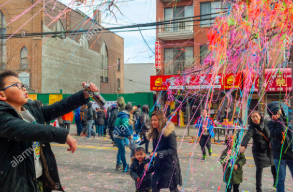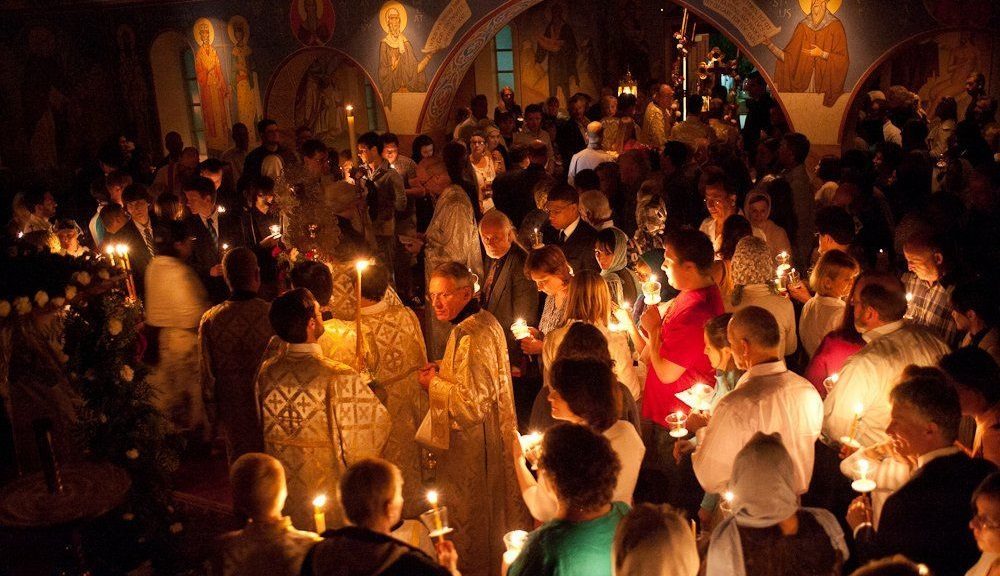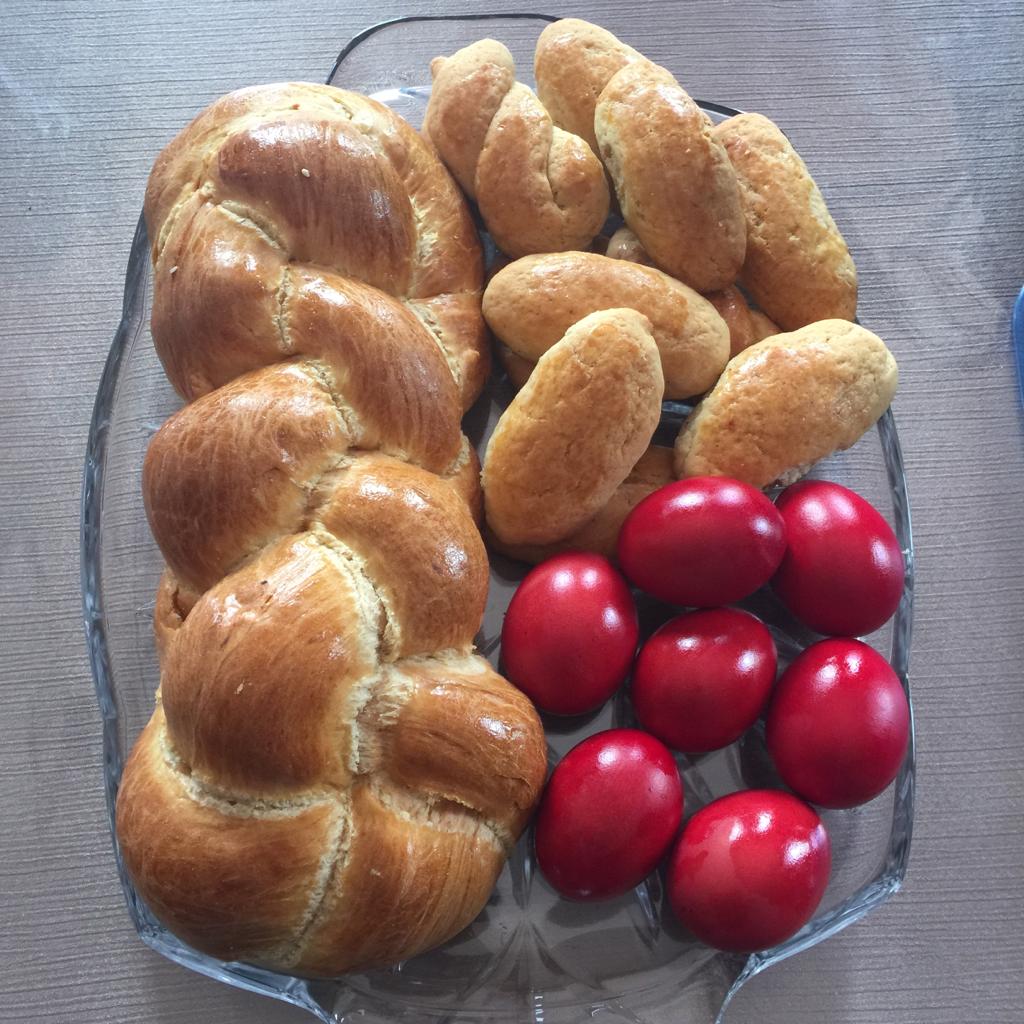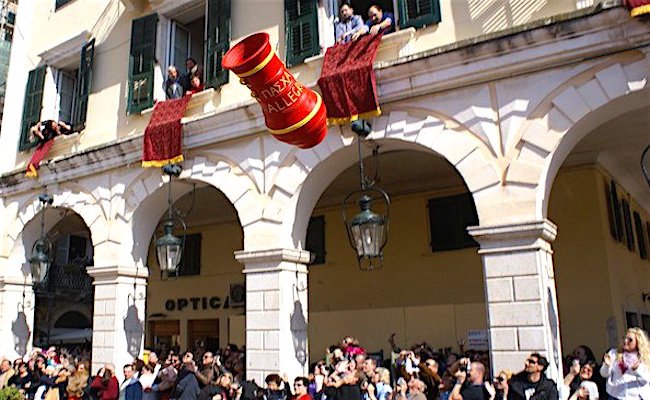Although Lunar New Year is most well known in its celebration in China, it is important to realize the distinction between how it is celebrated in China and how it is celebrated in other Asian countries. A lot of people mistakenly refer to Lunar New Year as Chinese New Year, even though it is not specific to just China. Even the time and duration of each holiday differs from each ethnicity. The holiday commemorates the beginning of the lunar calendar, which many Asian cultural groups celebrate.

Fireworks for celebration
The Chinese word for Lunar New Year is “chun jie” which also translates to “spring festival.” There is nowhere in the Chinese language that refers to the holiday as a Chinese New Year. As the holiday was introduced to the Western civilizations, it quickly became known as the Chinese New Year, yet in truth is celebrated by many. For example, in our interview with Calvin Huynh, he expressed his concern about how many Vietnamese people feel this separation and the sense of detachment from the holiday. Not only that, but when asked about celebrating the holiday, people always tend to address it as a Chinese tradition.

Festival in Chinatown
Something else that seems concerning is that a lot of the online sources lacked specific information that we were able to gather from interviews with people who experience the holiday at first hand. Sources lacked on how a lot of Asian-Americans seemed to be unaware of many traditions as well as how it is actually celebrated in China. The sources were very broad and had similar information that is presumably self implied for many families. Our interview with Liyi Lin really helped clarify how many people in China went about celebrating. For example, online sources insisted that the holiday is celebrated uniformly for 15 days. However, Lin said that most people only celebrate it for the first for and the following days, up until the 15th, are left for receiving red envelopes. Another misconception is that it is celebrated completely different in many regions of the world. So immigrants, of course, celebrate it in a different sense in comparison to those who live in that respective country. However, immigrants do incorporate new aspects of culture into the celebration and observation of the holiday. It shouldn’t be labeled as “watered down,” but instead recognized as a unique way of unifying different attributes to the holiday.










